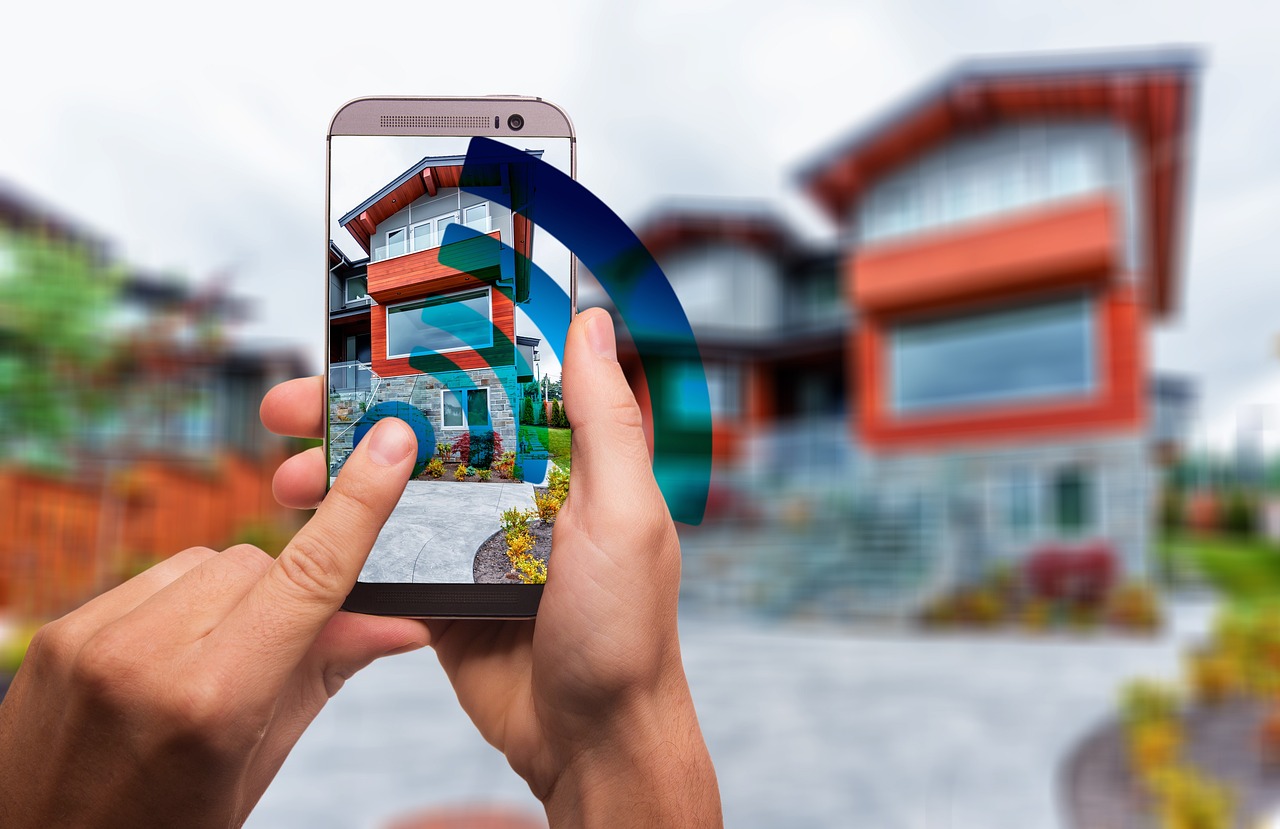Last updated on December 17th, 2024 at 03:30 pm
Smart homes are becoming more popular as technology continues to improve. These homes use devices that can be controlled by the internet, like smartphones or voice assistants, to make life more convenient, safer, and energy-efficient. But while smart homes have many benefits, they also come with some challenges. Let’s explore how smart homes are changing the way we live and what to consider before turning your home into a smart home.
What is a Smart Home
A smart home is a house that uses technology to control things like lighting, temperature, security, and even appliances. These devices, known as “smart devices,” can be connected to the internet and controlled through smartphones, tablets, or voice assistants like Alexa or Google Assistant. For example, you can turn on your lights from your phone or set your thermostat to a comfortable temperature before you get home.
Benefits of Smart Homes
-
Convenience
The greatest convenience attached to the smart home is home-sweet-home. With smart devices, you can control many aspects of your home with just a few taps on your phone or even by using your voice. You can adjust the lights, turn on the heating, or lock your doors without having to get up. This makes everyday tasks easier and quicker.
- Energy Efficiency
A smart home saves both energy and utility bills. Smart thermostats can adjust the temperature based on your schedule, so you’re not wasting energy when you’re not home. Smart lights can be set to turn off automatically when you leave a room, and other smart devices can help you monitor and manage your home’s energy use.
-
Improved Security
Smart homes can also make your home safer. Smart security cameras and doorbells allow you to see who is at your door, even when you’re not at home. Smart locks let you lock or unlock your doors remotely, and some systems can even send alerts if there is unusual activity. These features help protect your home from burglars and give you peace of mind.
- Better Comfort
Smart homes offer greater comfort by allowing you to control your environment. Improved energy savings are seen in smart thermostats, which learn your preferences in understanding when to set the temperature. You can also use smart devices to control lighting, set mood lighting, or play music in different rooms. This can make your home feel more comfortable and personalized.
Challenges of Smart Homes
-
Privacy Concerns
While smart homes can make life easier, they can also raise privacy concerns. Many smart devices collect data about your habits, preferences, and even conversations. This data can be used by companies to improve their products, but it can also be vulnerable to hacking. It’s important to choose devices from trusted companies and be aware of the privacy settings on each device.
-
Cost
Setting up a smart home can be expensive. While the prices of smart devices have come down in recent years, buying multiple devices and setting up a full smart home system can still be costly. You also may need to upgrade your internet connection to ensure everything runs smoothly. It’s important to consider whether the benefits are worth the initial investment.
-
Compatibility Issues
Not all smart devices work together. Some may only be compatible with specific brands or platforms, which can be frustrating if you have devices from different companies. Before buying smart devices, it’s a good idea to check if they will work with your other devices to avoid any compatibility issues.
-
Dependence on the Internet
Smart homes rely on a stable internet connection. If your internet goes down, many of your smart devices may not work properly. This can be frustrating, especially if you need to control your home remotely. Having a backup plan, like a manual option for some devices, can help solve this issue.
Conclusion
Smart homes are changing the way we live by making our homes more convenient, efficient, and secure. From controlling lights and temperature to improving home security, the benefits are clear. However, there are challenges to consider, such as privacy concerns, cost, and compatibility issues. If you’re thinking about turning your home into a smart home, it’s important to weigh the pros and cons carefully. With the right devices and precautions, a smart home can be a great way to improve your daily life.

